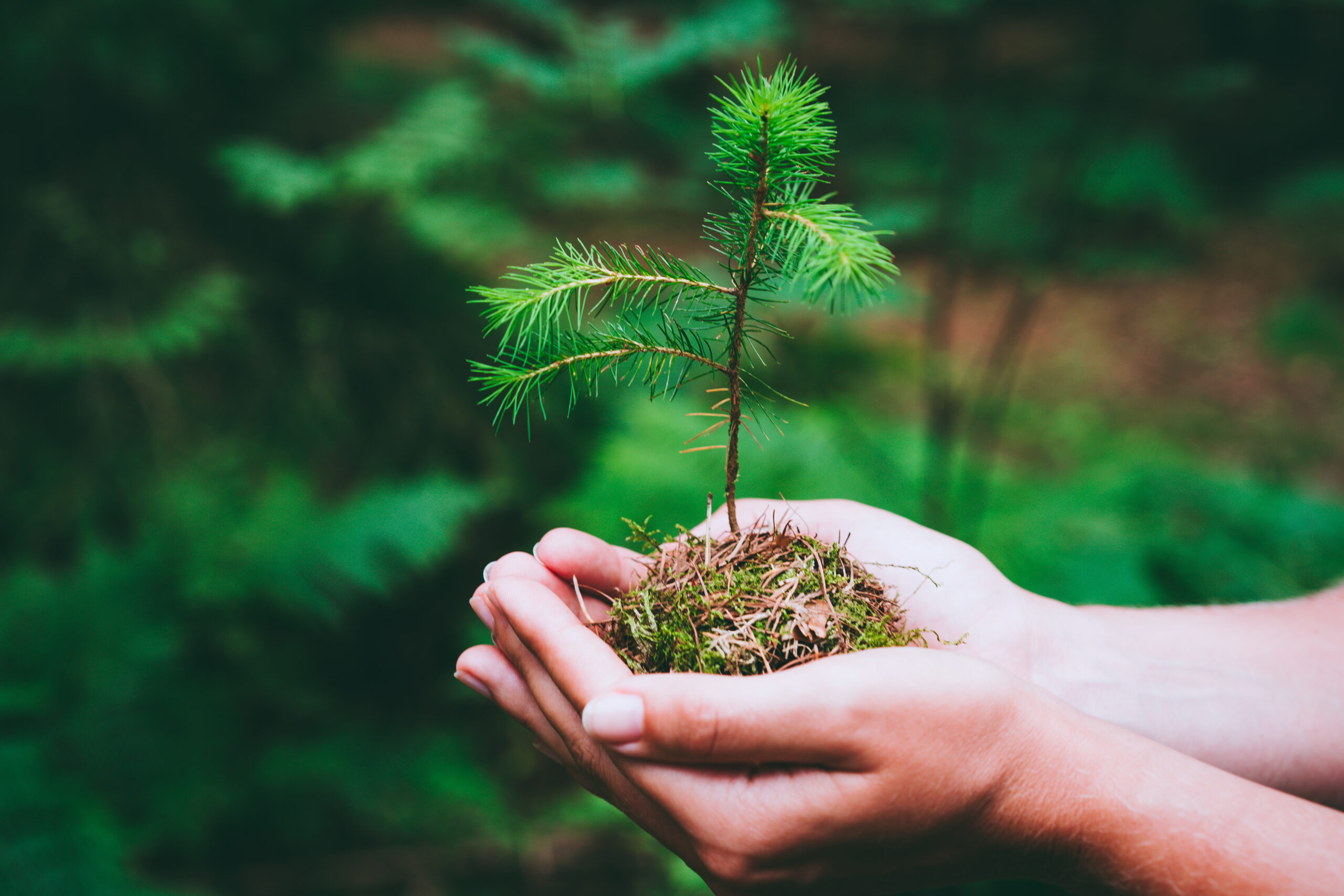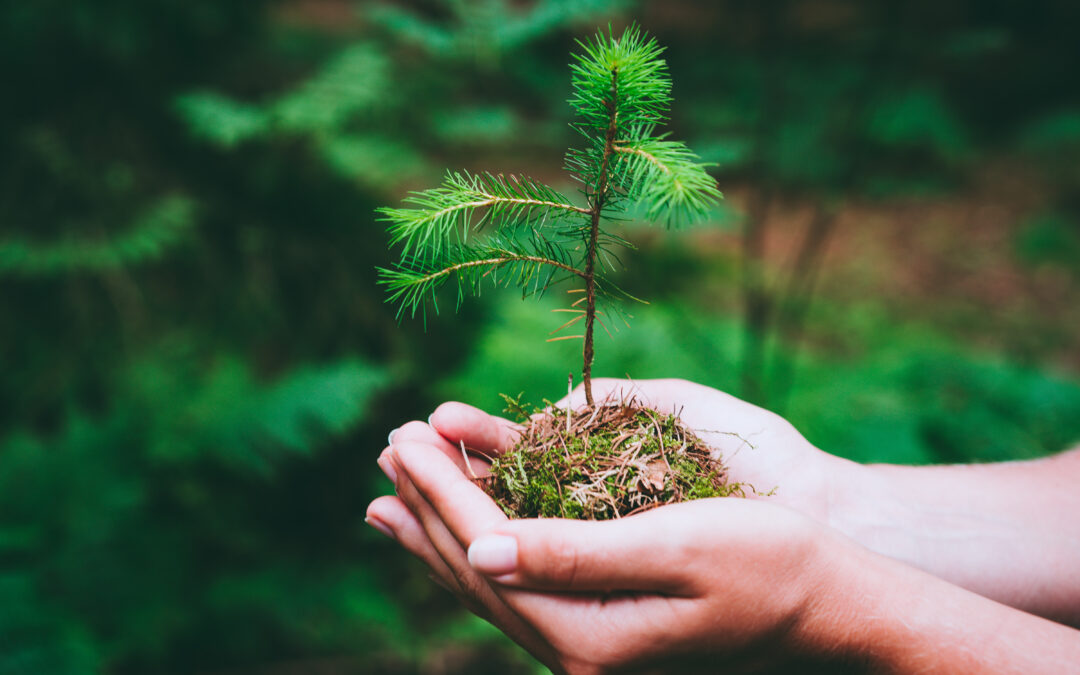Organic gardening has become increasingly popular in recent years, as more people are looking for ways to live a healthier lifestyle while also reducing their impact on the environment. If you’re new to organic gardening or have been considering making the switch from traditional gardening methods, read on to learn why it may be the best choice for your health and the planet.
Introduction to Organic Gardening
Organic gardening involves growing plants without using synthetic pesticides, fertilizers, or genetically modified seeds. Instead, organic gardeners rely on natural techniques such as composting, crop rotation, and companion planting to keep their gardens thriving. By choosing organic gardening, you can reduce your exposure to potentially harmful chemicals while also supporting sustainable farming practices that benefit both humans and wildlife.
The Benefits of Organic Gardening for Your Health
One of the main benefits of organic gardening is that it allows you to enjoy fresh produce that is free of chemical residues. When you grow your own food, you know exactly what went into producing it, which means you can avoid consuming any unwanted additives or preservatives. Additionally, many studies have shown that organic fruits and vegetables contain higher levels of nutrients than conventionally grown crops, including vitamins C, D, E, K, and B6, as well as minerals like iron, magnesium, and potassium.
How Organic Gardening Can Improve the Environment
In addition to providing numerous health benefits, organic gardening can also help improve the environment by promoting soil conservation, water quality, and biodiversity. Because organic gardeners use natural techniques instead of relying on synthetic inputs, they tend to build up healthy soils over time, which helps retain moisture and prevent erosion. This, in turn, reduces the need for irrigation and helps mitigate the effects of climate change.

Tips and Tricks for Starting an Organic Garden
If you’re interested in starting an organic garden but aren’t sure where to begin, there are several tips and tricks you can follow:
1. Start small – It’s better to start with a manageable size plot and expand later if needed.
2. Use good soil – Invest in high-quality soil that contains plenty of organic matter to feed your plants.
3. Choose easy-to-grow crops – Beginners should focus on crops that are easy to grow, such as lettuce, spinach, radishes, and green beans.
4. Practice crop rotation – Rotating crops helps prevent disease and pests from building up in the soil.
5. Attract beneficial insects – Plant flowers and herbs that attract pollinators and predator bugs to help control pest populations naturally.
Common Mistakes to Avoid When Gardening Organically
While organic gardening offers many benefits, there are some common mistakes that beginners often make. Here are a few to watch out for:
1. Overwatering – Too much water can lead to root rot and other problems. Make sure to monitor soil moisture levels carefully.
2. Not enough sunlight – Most veggies require at least six hours of direct sun per day to thrive. Consider moving plants around until you find the ideal spot.
3. Using too much compost – While compost is great for improving soil health, adding too much can cause excess nitrogen buildup, leading to stunted growth and reduced yields.
Conclusion: Why Choose Organic Gardening
Overall, organic gardening provides numerous benefits for both human health and the environment. Whether you’re concerned about reducing your exposure to chemicals or want to support sustainable agricultural practices, choosing organic gardening is a smart decision. With careful planning and attention to detail, anyone can create a beautiful and productive organic garden that will provide fresh, healthy produce for years to come.



